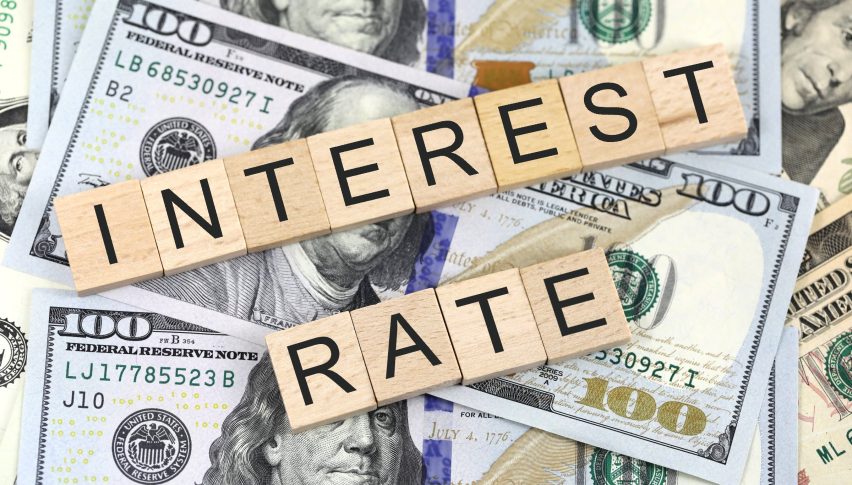How Soon Is Recession Coming in Europe?
Eurozone manufacturing fell in contraction this month while recession is heading there, which points toward recession
Economists have been banging their drums about a possible global recession, as a number of negative factors have accumulated. Two years of restrictions and lockdowns, followed by a surge in energy prices, a surge in food prices and central banks hiking interest rates in a panic now, even though they are not having any impact on inflation.
The US economy contracted earlier this year, but the line was crossed for many economists after last month’s Eurozone manufacturing and services reports, which came in pretty weak, although they didn’t fall into recession in May. Today’s reports were for June, which were expected to show another slowdown, but not fall in contraction, which they did, as shown below.
The recession alarm bells are ringing as loud as ever now, as the German economic downturn appears to be gathering pace and is taking shape much quicker than anticipated. Europe’s largest economy appeared to have seen business activity shrinking in July and that is sending the euro reeling on the day.
Eurozone July Services and Manufacturing Reports
- Eurozone July flash services PMI 50.6 points vs 52.0 expected
- June services PMI was 53.0 points
- Manufacturing PMI 49.6 points vs 51.0 expected
- June manufacturing was 52.1 points
- Composite PMI 49.4 points vs 51.0 expected
- Prior composite PMI was 52.0 points
As already foreshadowed by the French and German readings, the figures here aren’t any better with the Eurozone economy slated to fall into contraction in July. Of note, both output and new orders declined for the first times since the lockdown at the start of 2021 and soaring inflation has weighed on demand conditions significantly.
A worrying detail is that the steepest drop in business activity was recorded in Germany, which is pretty much the backbone of the Eurozone economy, with the composite reading there falling to its weakest since June 2020. S&P Global notes that:
“The eurozone economy looks set to contract in the third quarter as business activity slipped into decline in July and forward-looking indicators hint at worse to come in the months ahead.
“Excluding pandemic lockdown months, July’s contraction is the first signalled by the PMI since June 2013, indicative of the economy contracting at a 0.1% quarterly rate. Although only modest at present, a steep loss of new orders, falling backlogs of work and gloomier business expectations all point to the rate of decline gathering further momentum as the summer progresses.
“Of greatest concern is the plight of manufacturing, where producers are reporting that weaker than expected sales have led to an unprecedented rise in unsold stock. Production will likely need to be reduced as companies adapt to this weaker demand environment, in turn widely linked to rising prices.
“In services, the boost to demand from the reopening of the economy has faded and growth is now at a near standstill, with customers often deterred by the increased cost of living and concerns about the outlook.
“Business expectations for the year ahead have meanwhile fallen to a level rarely seen over the past decade as concerns grow about the economic outlook, fuelled in part by rising worries over energy supply and inflation but also reflecting tighter financial conditions. “With the ECB raising interest rates at a time when the demand environment is one that would normally see policy being loosened, higher borrowing costs will inevitably add to recession risks.
“One ray of light was a further marked cooling of inflationary pressures from the survey gauges of both input costs and selling prices, which should feed through to lower consumer price inflation. However, at present, these inflation gauges remain higher than at any time prior to the pandemic, underscoring the unenviable challenge facing policymakers of taming inflation while avoiding a hard landing for the economy.”
EUR/USD Live Chart
- Check out our free forex signals
- Follow the top economic events on FX Leaders economic calendar
- Trade better, discover more Forex Trading Strategies
- Open a FREE Trading Account


